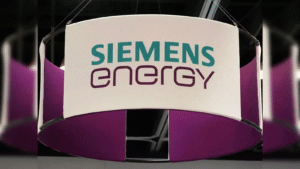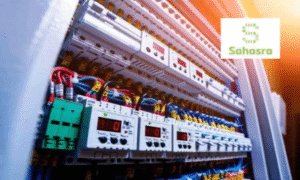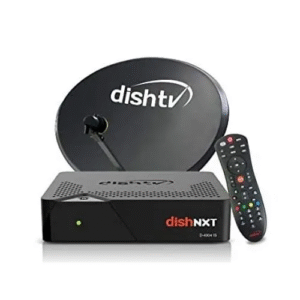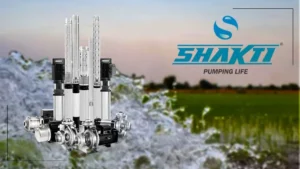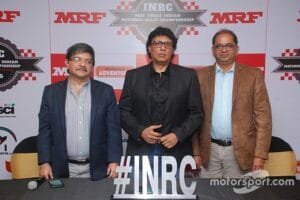1. At a Glance
Imagine a stock market, but instead of traders screaming “Reliance le lo!”, they’re screaming “Bijli becho!” That’s IEX — India’s premier electricity bazaar with an85% market sharein power trading. The NSE of electricity, except here the candles are real (load-shedding jokes intended). Despite fat 80%+ OPM margins and insane ROE of 41%, the stock has fallen 28% in the last year. Why? Because even monopolies get roasted when regulators keep them on a leash.
2. Introduction
Once upon a time (2007), someone had the bright idea: “Why not make an NSE for electricity?” Enter IEX, the platform where states, discoms, and industries trade power like Pokémon cards. With 8,100+ participants — including generators, discoms, renewable bros, and even cross-border traders — IEX is basically the Bigg Boss house of India’s power sector.
But here’s the fun twist: while demand keeps growing (1,279 BU consumption in 9M FY25), prices are actually falling. DAM clearing price dropped from ₹5.36/unit in FY24 to ₹4.48/unit in FY25. Translation: consumers cheer, but IEX earns only transaction fees (~79% of revenue), so volumes must rise to offset lower prices.
Oh, and when IEX tried to flex by starting theIndian Gas Exchange (IGX)andCarbon Exchange (ICX), investors said: “Beta, electricity thik se sambhalo pehle.” Still, IGX is quietly trading 40 mn MMBTU, and ICX dreams of GIFT City listing.
3. Business Model (WTF Do They Even Do?)
- Day Ahead Market (DAM)– 44% share (electricity for tomorrow, like Swiggy Instamart for power).
- Real Time Market (RTM)– 29% share (delivery within an hour — Uber Eats of electricity).
- Certificates (RECs + ESCerts)– 11% share (carbon guilt traded like NFTs, but legit).
- Term Ahead Market (TAM)– 7% share (90-day contracts, the FD of electricity).
- Green Market– 7% share (for ESG investors to feel good).
- Day Ahead Contingency– 2% share (emergency jugaad electricity).
Revenue Split (Q3 FY25):
- Transaction fees – 79%
- Admission &
- annual – 3%
- Other income (aka float on client funds) – 18%
Margins? OPM at 85%. Monopoly? 85% market share. Promoter holding? ZERO — this is a public good disguised as a listed stock.
4. Financials Overview
Q1 FY26 (Jun’25):
| Metric | Latest Qtr | YoY Qtr | Prev Qtr | YoY % | QoQ % |
|---|---|---|---|---|---|
| Revenue | ₹142 Cr | ₹124 Cr | ₹142 Cr | +14.5% | 0% |
| EBITDA | ₹115 Cr | ₹99 Cr | ₹121 Cr | +16% | -5% |
| PAT | ₹121 Cr | ₹96 Cr | ₹117 Cr | +25.2% | +3.4% |
| EPS (₹) | 1.35 | 1.08 | 1.31 | +25% | +3% |
Annualised EPS = ₹5.4. At CMP ₹140,P/E = 26x. Screener says 27.6x, but close enough.
Verdict: Profits growing faster than sales (operating leverage flex), but stock sulking because regulators won’t allow fancy fee hikes.
5. Valuation (Fair Value RANGE only)
Method 1 – P/E:EPS ₹5.4 × 22–28x (fair band for monopoly infra). FV = ₹120–₹150.
Method 2 – EV/EBITDA:FY25 EBITDA ~₹470 Cr. At 18–22x band → FV = ₹130–₹170.
Method 3 – DCF:FCF ~₹400 Cr/year, assume 12% growth, 10% WACC, 10 years. PV ≈ ₹14,000 Cr → ₹157/share.
Consolidated FV Range = ₹120–₹170.
This FV range is for educational purposes only and is not investment advice.
6. What’s Cooking – News, Triggers, Drama
- Regulator Drama:CERC keeps capping trading fees. Monopoly yes, but
